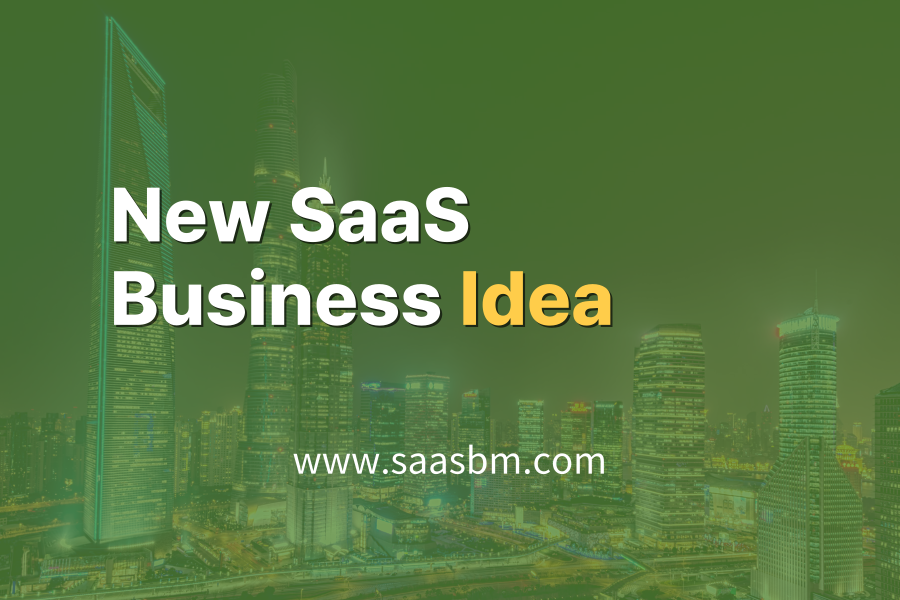1st idea : QueueIQ
AI-powered intelligent queue orchestration platform that optimizes workload distribution across multi-cloud environments

[swpm_protected for=”3,4″ custom_msg=’This report is available to Growth and Harvest members. Log in to read.‘]
Overview
QueueIQ is an AI-driven intelligent queue orchestration platform that builds upon the foundation of traditional message queue systems like Iron.io. While Iron.io enables basic distributed task processing, QueueIQ takes this to the next level by incorporating machine learning algorithms that continuously analyze workload patterns, predict resource requirements, and intelligently distribute tasks across multi-cloud environments. The platform optimizes for cost, performance, and reliability simultaneously, making real-time decisions about where and how to process workloads based on historical data and current system conditions. QueueIQ seamlessly integrates with existing cloud infrastructures and provides enterprises with unprecedented control over their distributed computing resources, resulting in significant cost savings, improved application performance, and enhanced system reliability.
![]()
Who is the target customer?
▶ SaaS companies running high-volume transactional systems requiring intelligent load balancing
▶ Financial institutions processing millions of transactions requiring both speed and reliability
▶ E-commerce platforms needing to manage unpredictable traffic spikes during peak shopping periods
![]()
What is the core value proposition?
![]()
How does the business model work?
• Cost Optimization Fee: A performance-based component where QueueIQ charges 15% of the documented cloud cost savings it generates, creating a win-win scenario where revenue is directly tied to customer value.
• Enterprise Support Packages: Premium support tiers ranging from $1,500 to $10,000 monthly that include dedicated engineers, custom integration services, and 24/7 monitoring.
![]()
What makes this idea different?
![]()
How can the business be implemented?
- Develop the core AI orchestration engine that interfaces with major cloud providers (AWS, Google Cloud, Azure) and popular message queue systems
- Create analysis modules that track performance metrics and cloud pricing across providers to build the initial prediction models
- Build an intuitive dashboard that visualizes workload distribution, performance metrics, and cost savings in real-time
- Establish partnerships with major cloud providers to gain early access to pricing changes and new service offerings
- Launch with a 6-month beta program targeting 20-30 enterprise customers willing to provide detailed feedback in exchange for discounted pricing
![]()
What are the potential challenges?
• Building Trust in AI Decision-Making: Enterprises may be hesitant to cede control over critical workload routing to an AI system. Mitigation: Implement a phased approach with human oversight options and transparent decision explanations during early adoption.
• Cloud Provider Changes: Frequent pricing and API changes by cloud providers could impact optimization algorithms. Mitigation: Establish formal partnerships with major providers for early notifications of changes and maintain a dedicated team to continuously update the platform’s knowledge base.

2nd idea : DataGateway
A secure, compliant data interchange platform that enables highly regulated industries to safely automate data processing workflows
![]()
Overview
DataGateway transforms how regulated industries like healthcare, finance, and government handle sensitive information processing by building a compliance-first data interchange platform. While Iron.io and similar platforms focus on general message queuing, DataGateway specializes in secure, auditable, and compliant data processing pipelines. The platform creates isolated, certifiable processing environments that maintain comprehensive audit trails for every data transaction while automatically enforcing data residency requirements, encryption standards, and access controls. DataGateway integrates advanced anonymization and pseudonymization capabilities, allowing organizations to process sensitive data while maintaining regulatory compliance. By providing pre-certified processing templates for common regulatory frameworks (HIPAA, GDPR, PCI-DSS, etc.), DataGateway dramatically reduces the compliance burden for organizations while accelerating their ability to leverage distributed processing for sensitive data workflows.
![]()
Who is the target customer?
▶ Financial institutions handling sensitive customer financial data subject to stringent regulations
▶ Government agencies that need to securely process citizen data while maintaining compliance
▶ Multinational corporations managing data across jurisdictions with different privacy requirements
![]()
What is the core value proposition?
![]()
How does the business model work?
• Volume-Based Processing Fees: Pricing based on the amount of data processed through the platform, starting at $0.05 per GB for the first 1TB, with significant volume discounts for larger customers.
• Compliance Certification Services: Professional services packages starting at $25,000 that provide formal documentation and certification assistance to help customers prove compliance to regulators or auditors.
![]()
What makes this idea different?
![]()
How can the business be implemented?
- Assemble a team of regulatory experts across key frameworks (HIPAA, GDPR, PCI-DSS) to design compliance-first processing architectures
- Develop the core platform with built-in compliance features including comprehensive audit logging, encryption, and access controls
- Create automated testing and verification tools that continuously validate compliance with regulatory requirements
- Pursue formal certifications for the platform from relevant regulatory bodies to establish credibility
- Build relationships with compliance officers and regulators in target industries to understand emerging requirements and ensure the platform stays ahead of regulatory changes
![]()
What are the potential challenges?
• Security Scrutiny: As a platform handling sensitive data, DataGateway will face intense security scrutiny. Mitigation: Implement a comprehensive security program including regular penetration testing, bug bounty programs, and independent security audits published transparently.
• Long Sales Cycles: Regulated industries typically have lengthy procurement processes. Mitigation: Develop a specialized sales team familiar with compliance procurement processes and create a streamlined proof-of-concept program that allows potential customers to validate the platform within their existing compliance frameworks.
[/swpm_protected]

No comment yet, add your voice below!